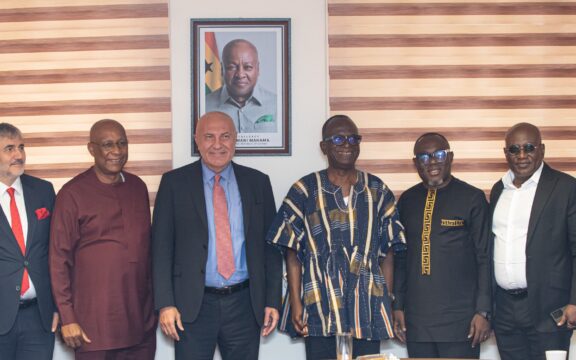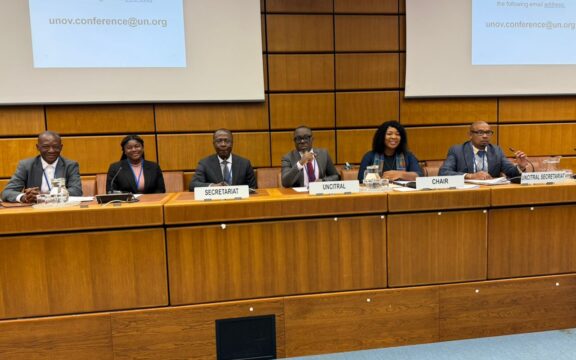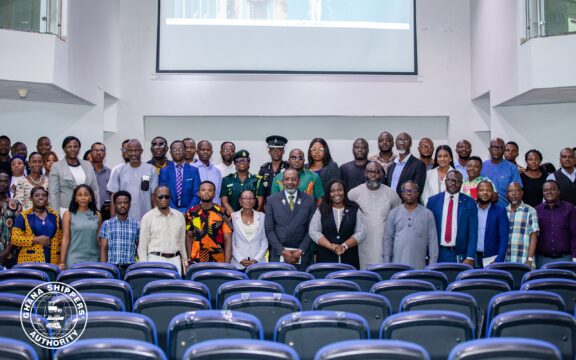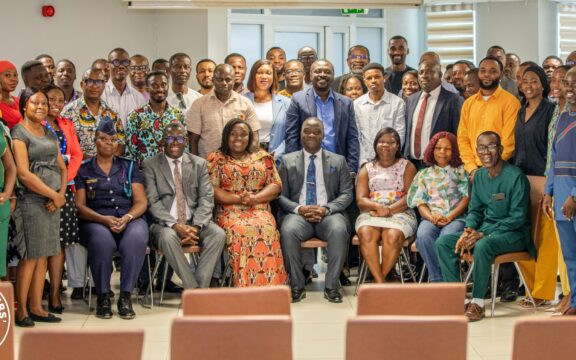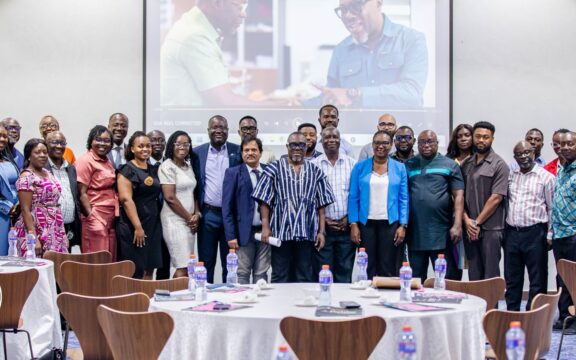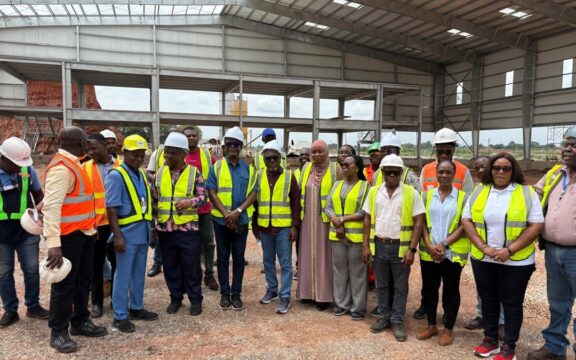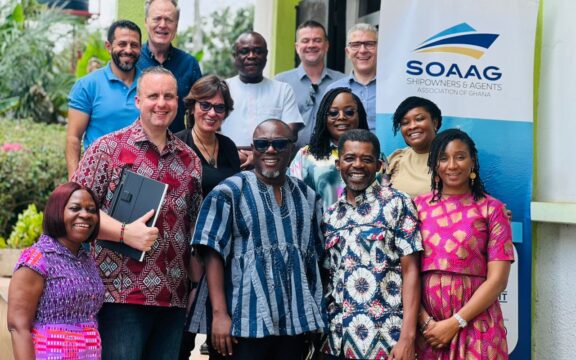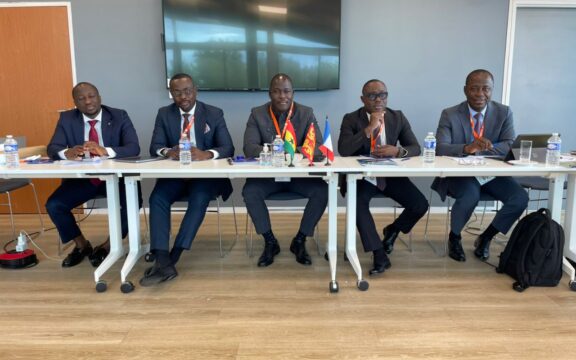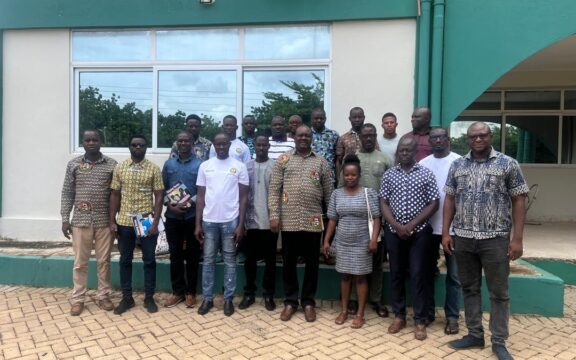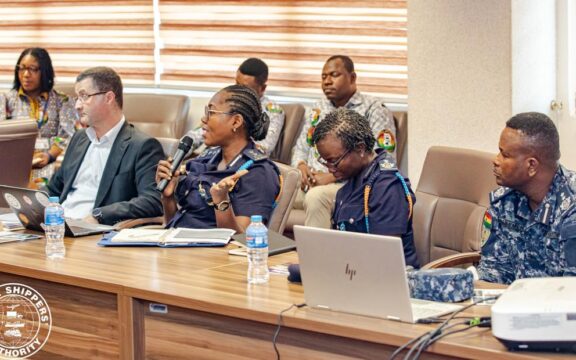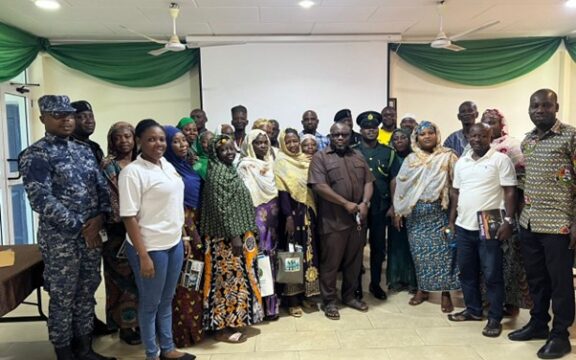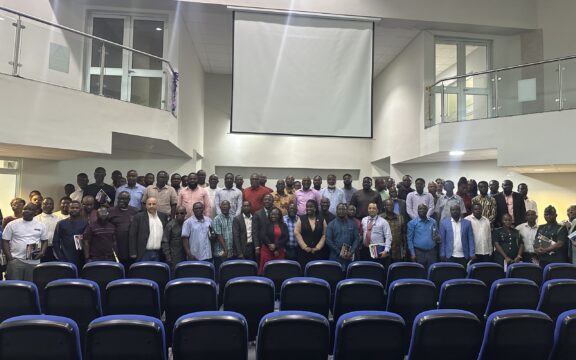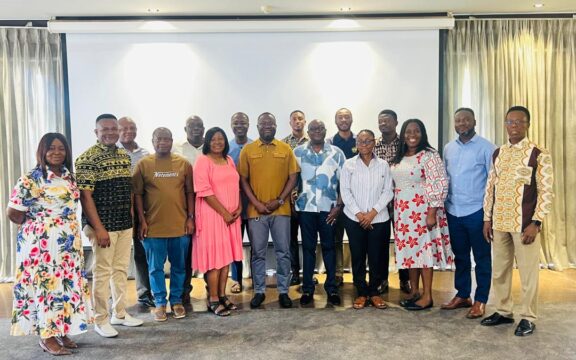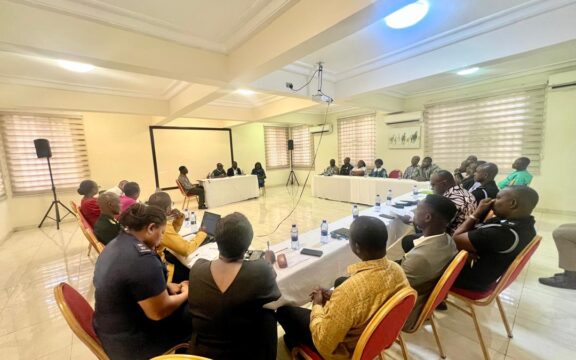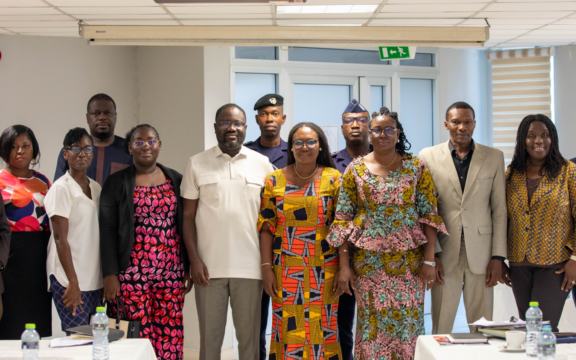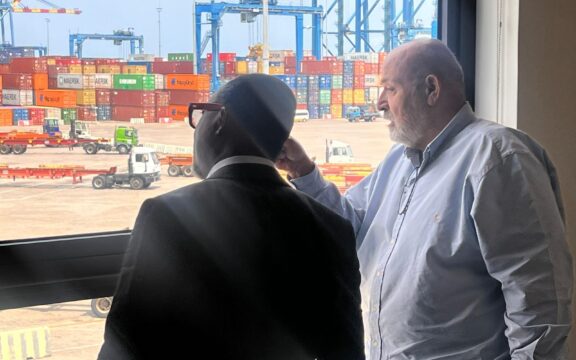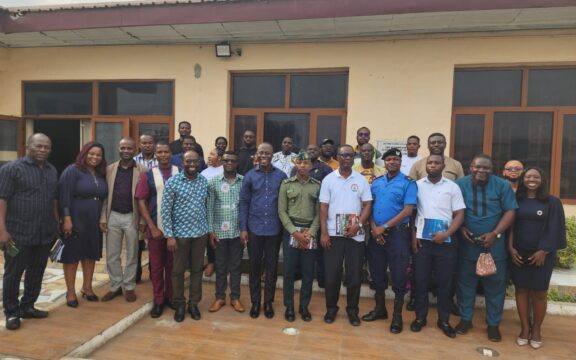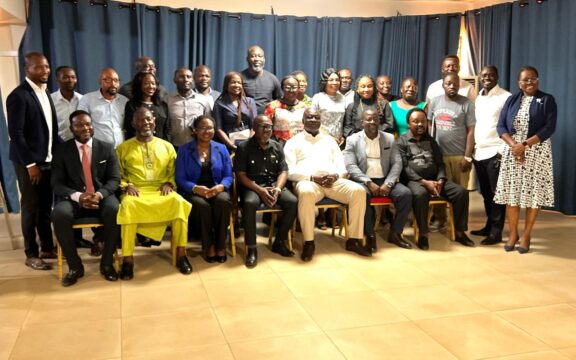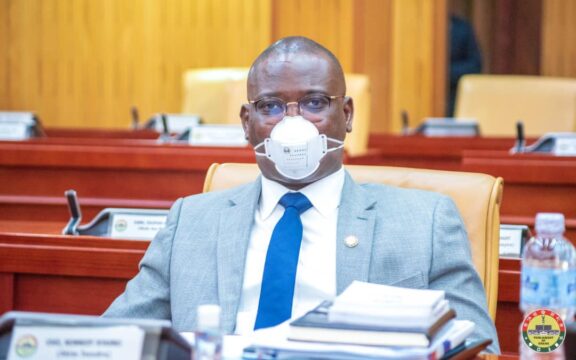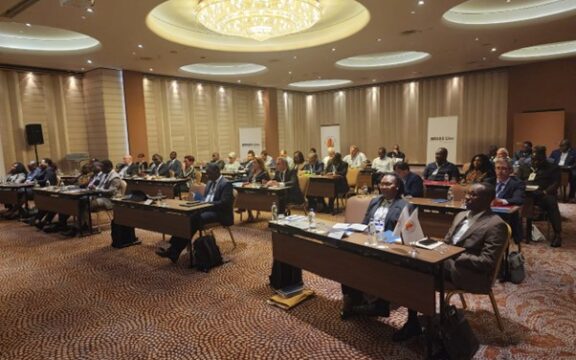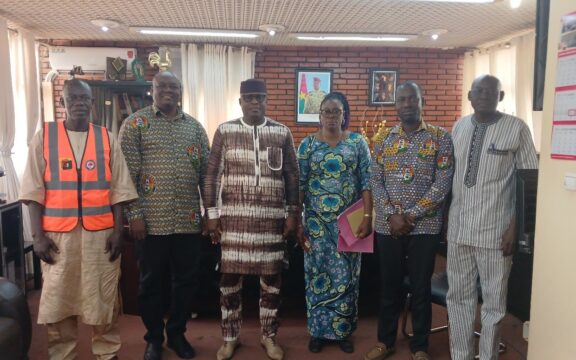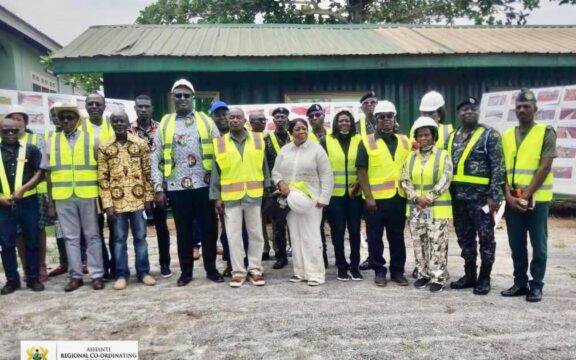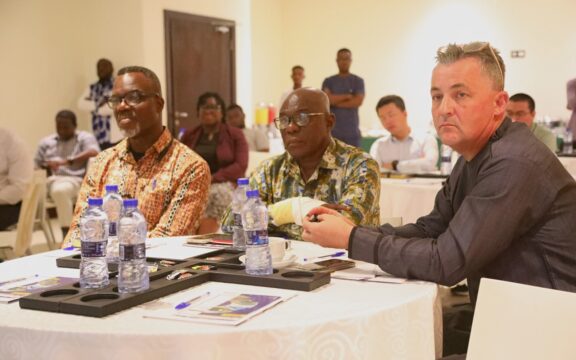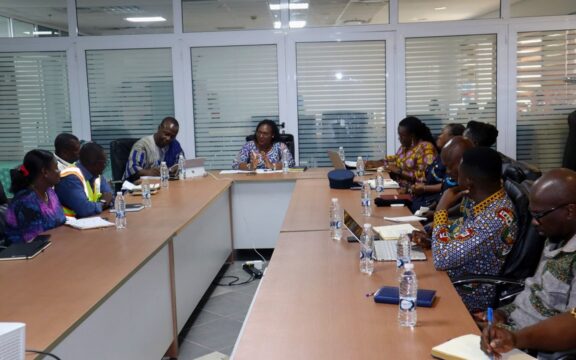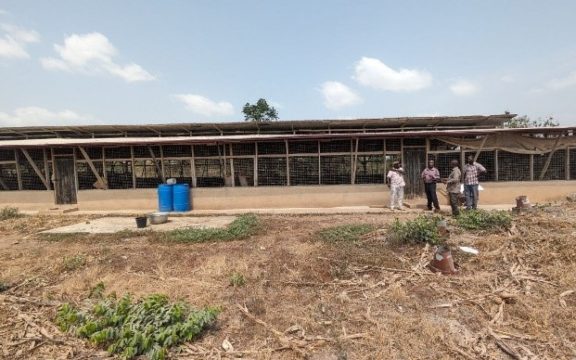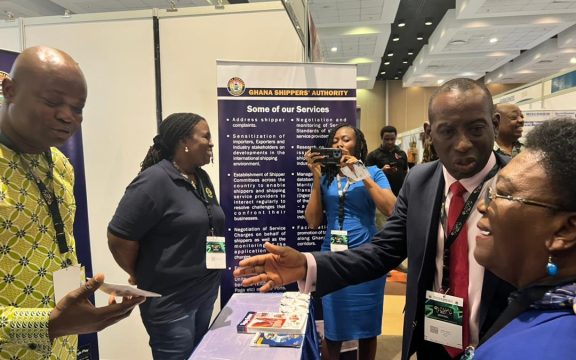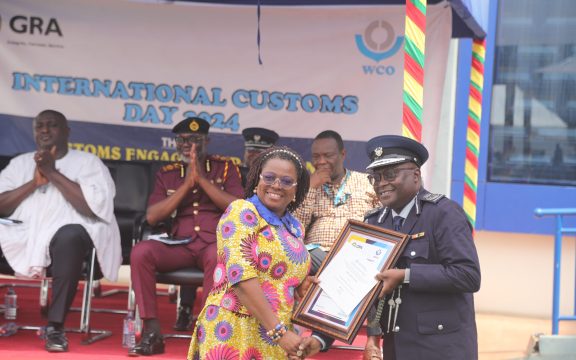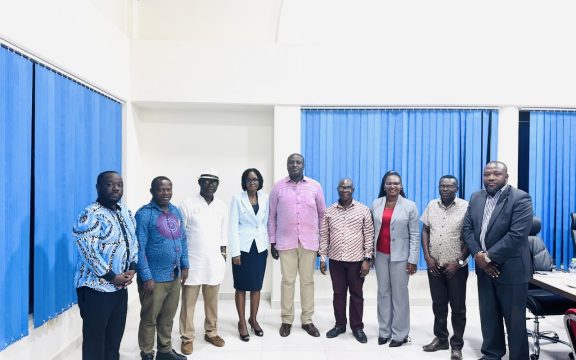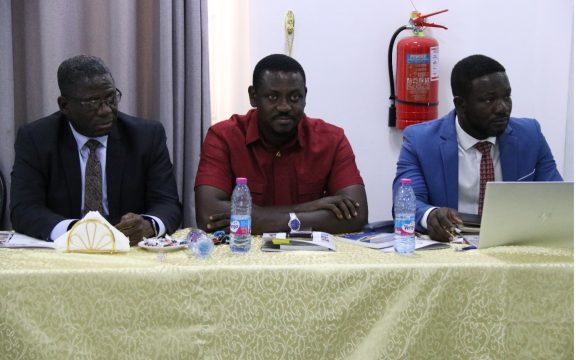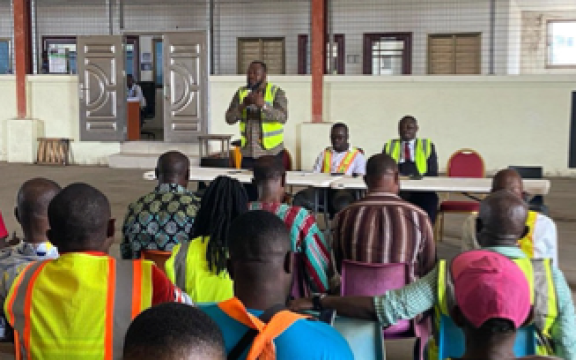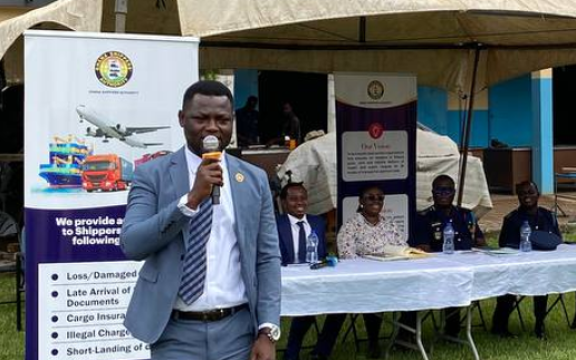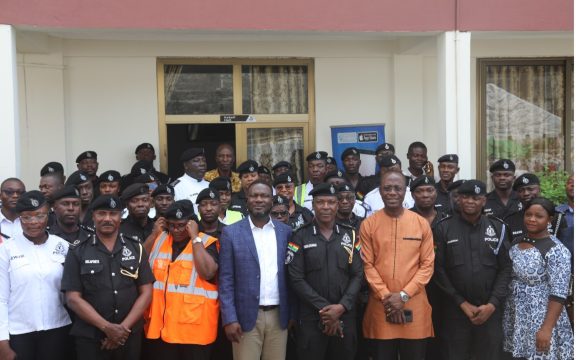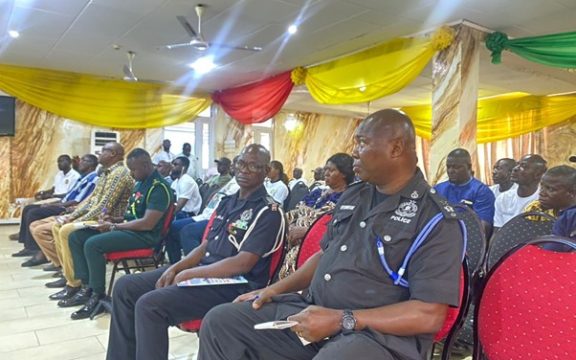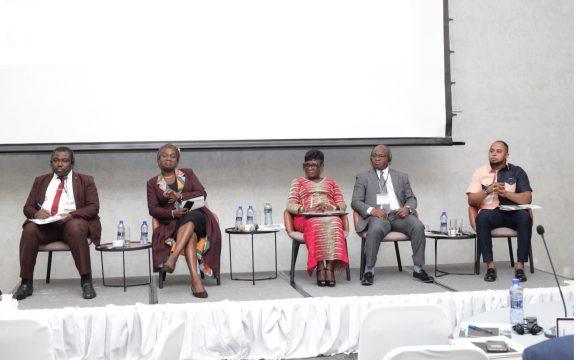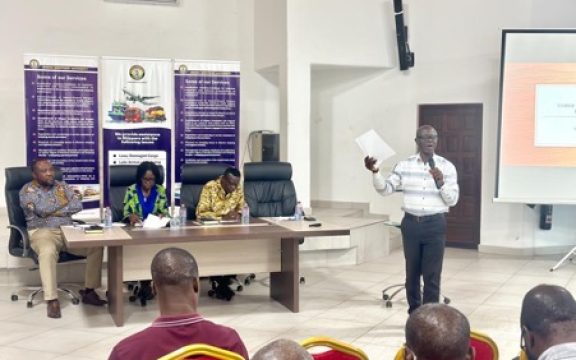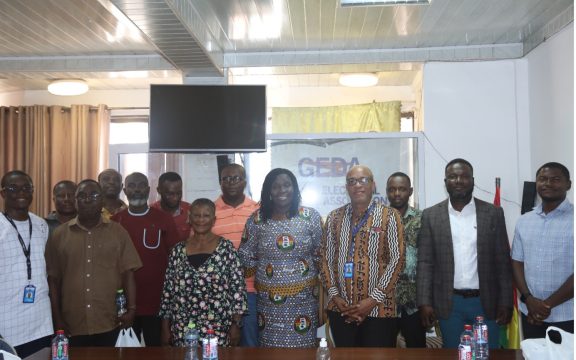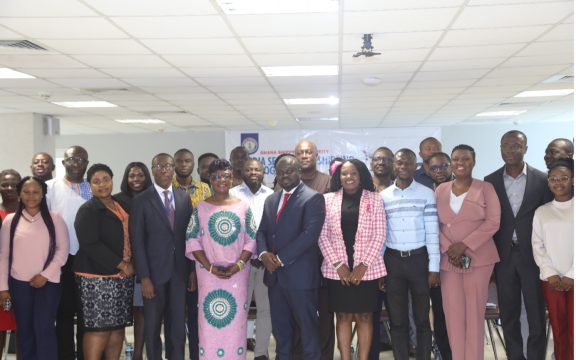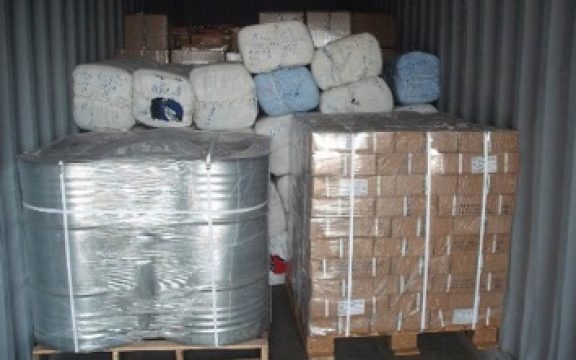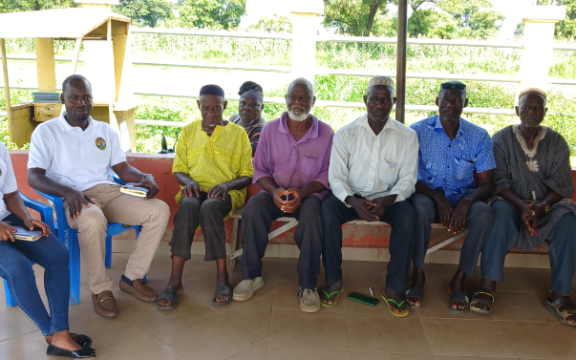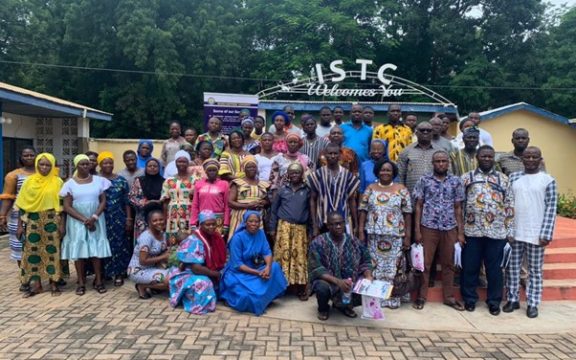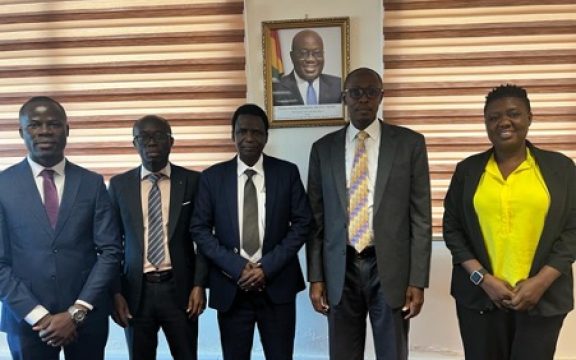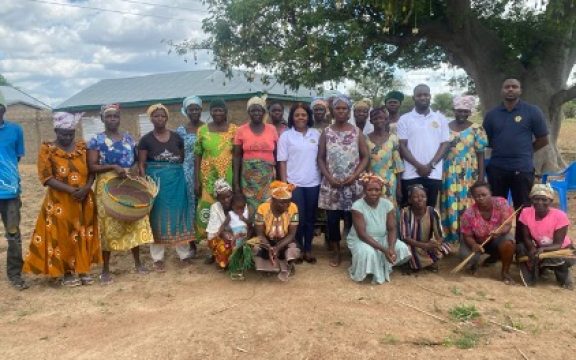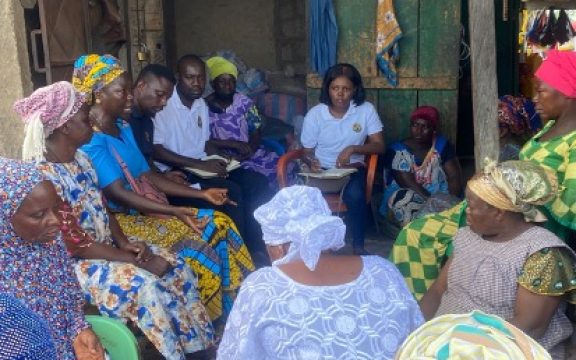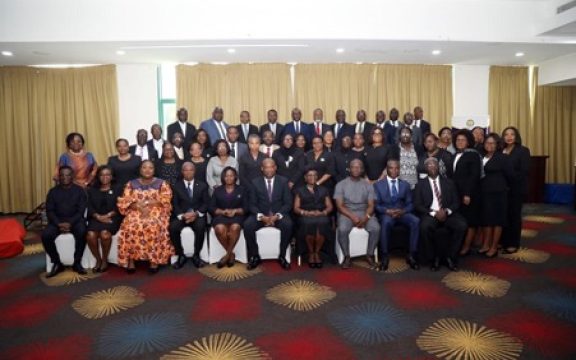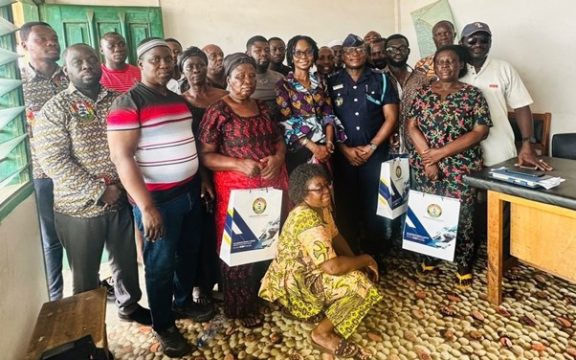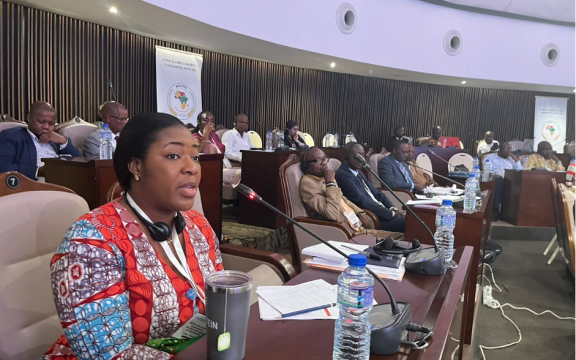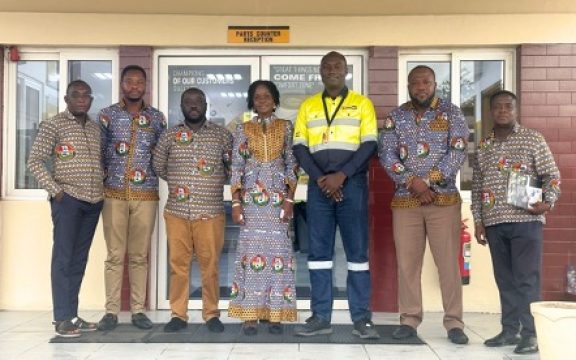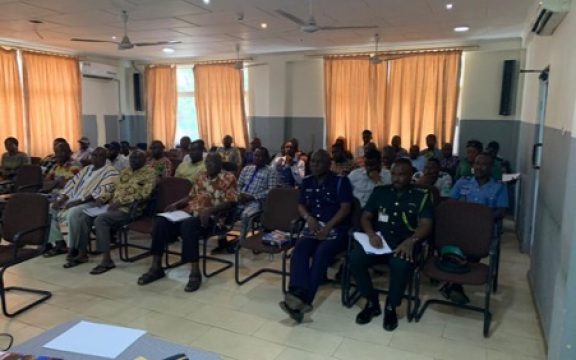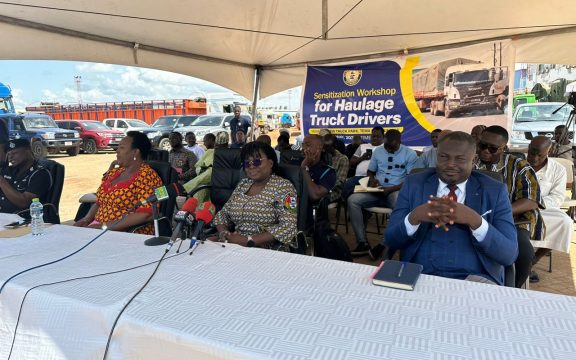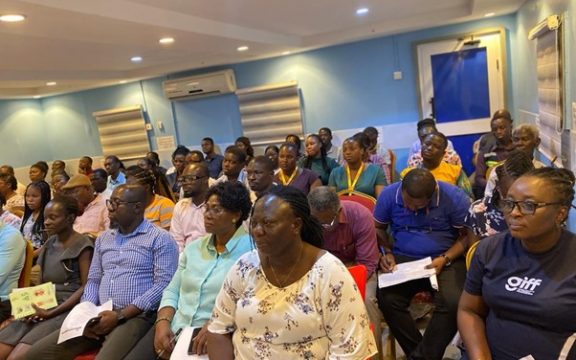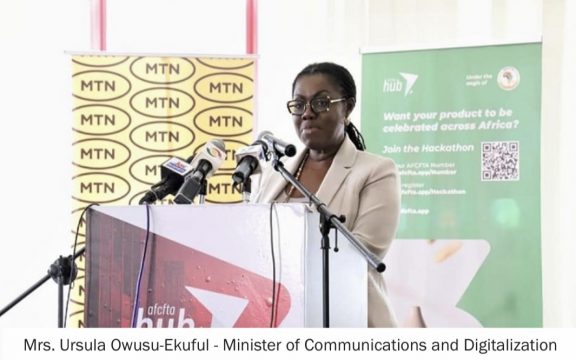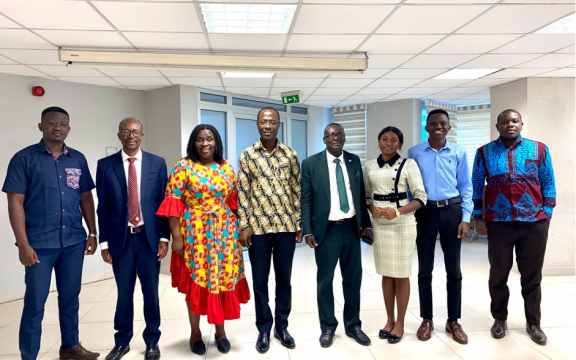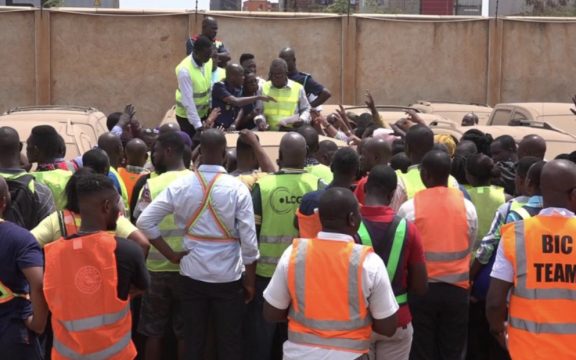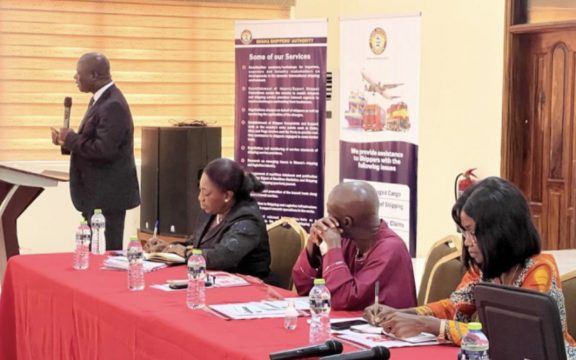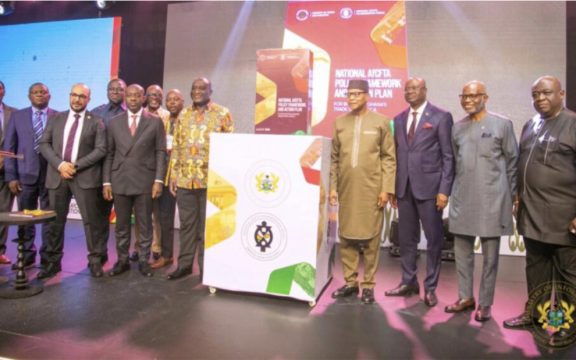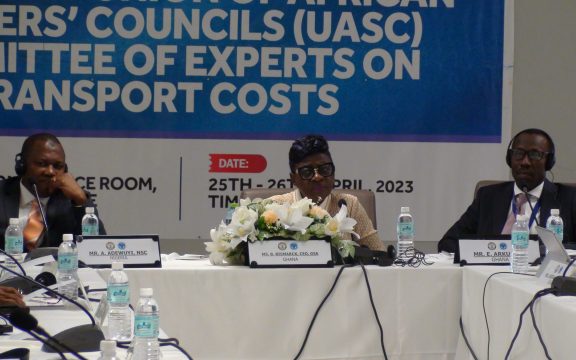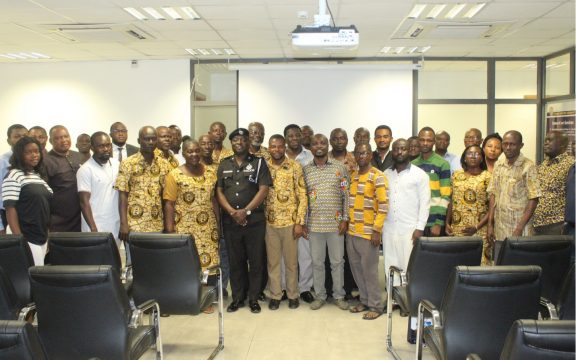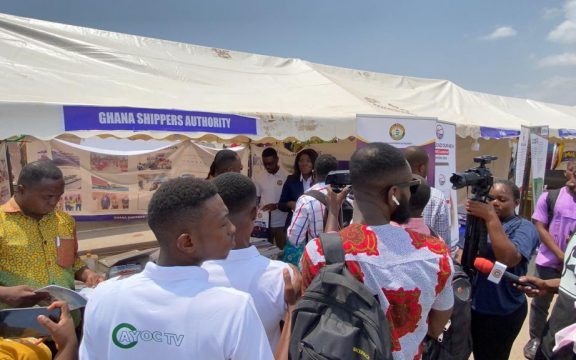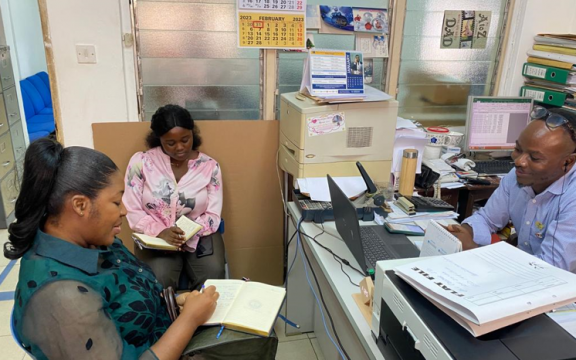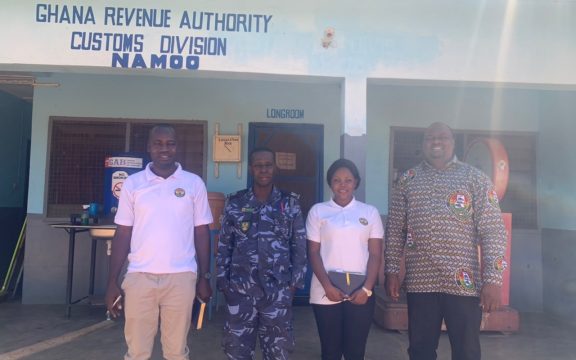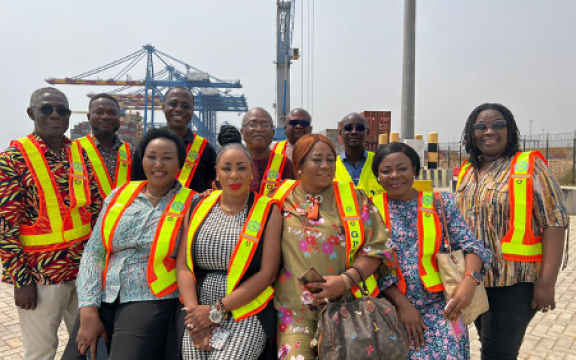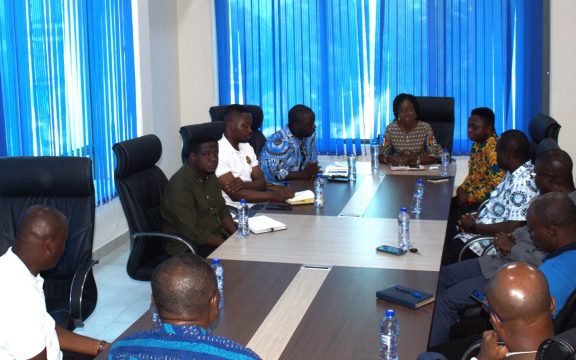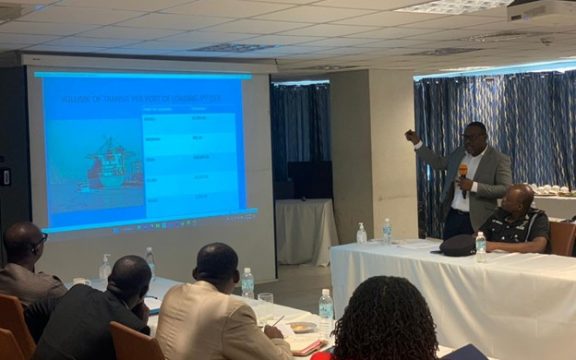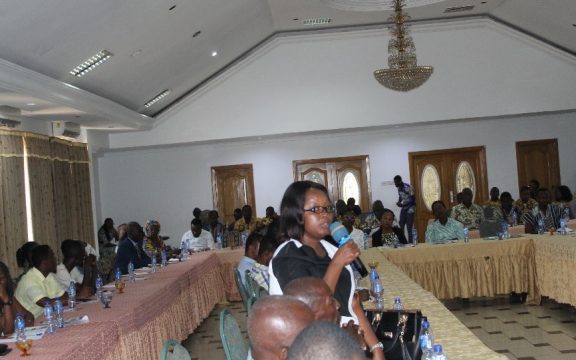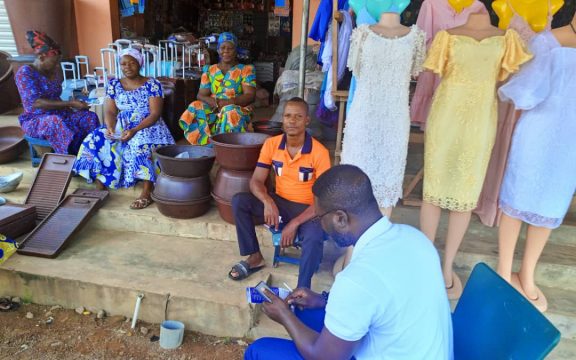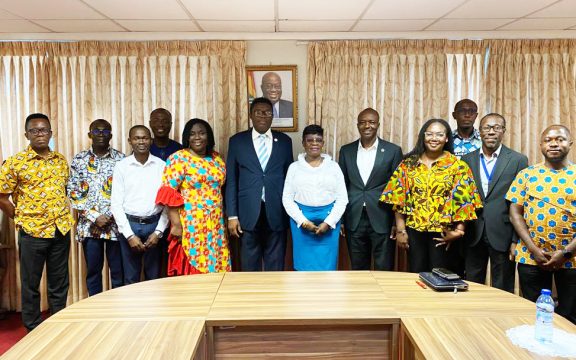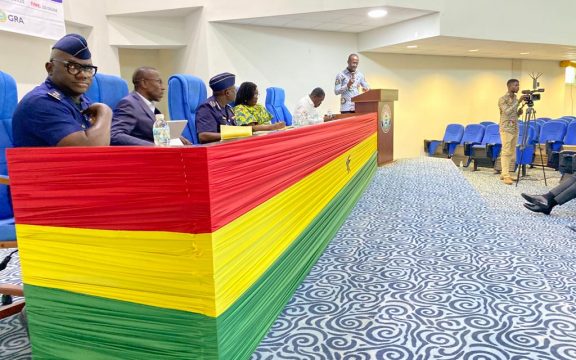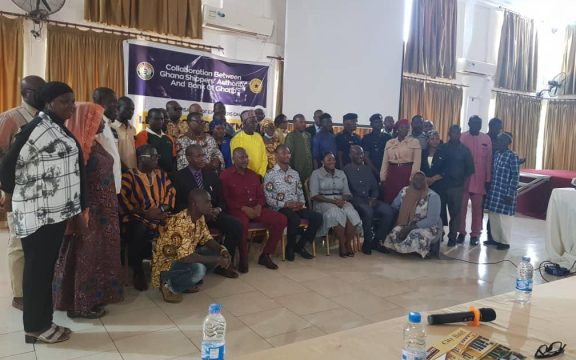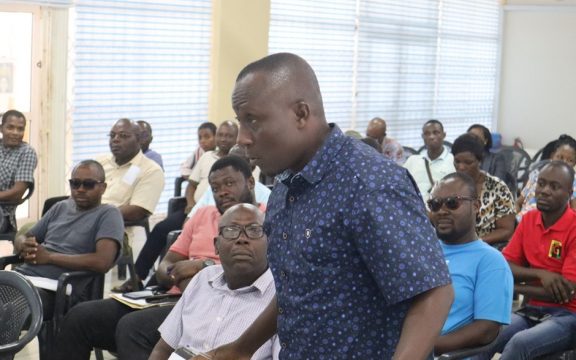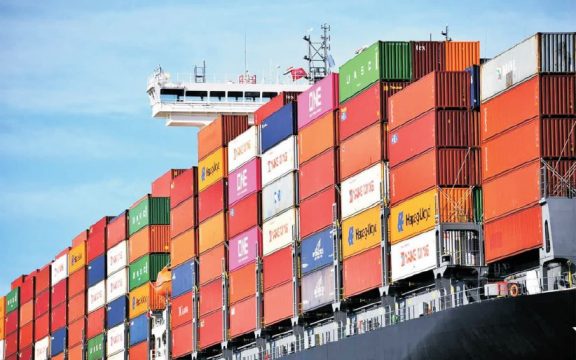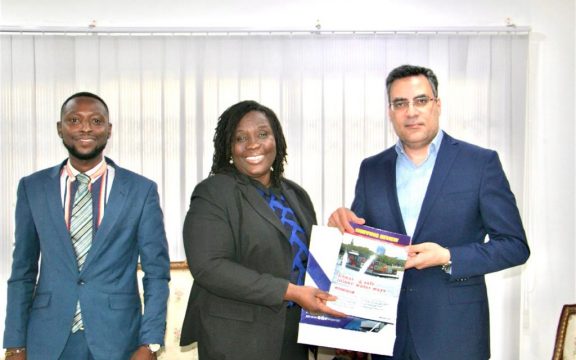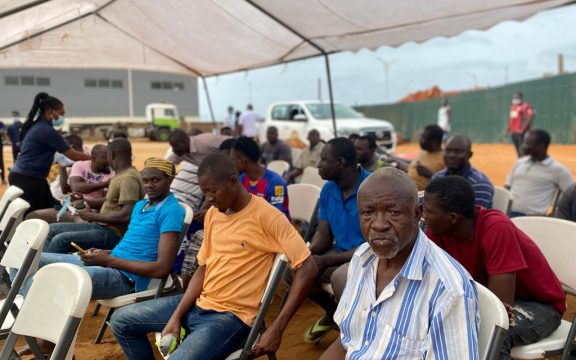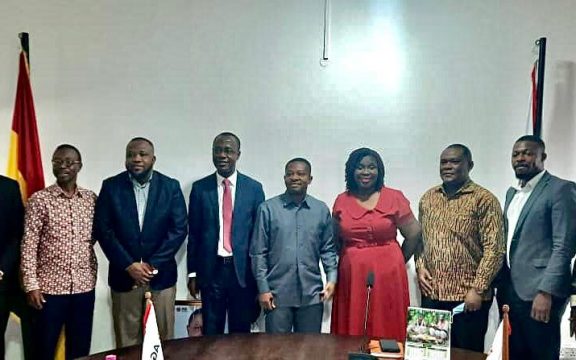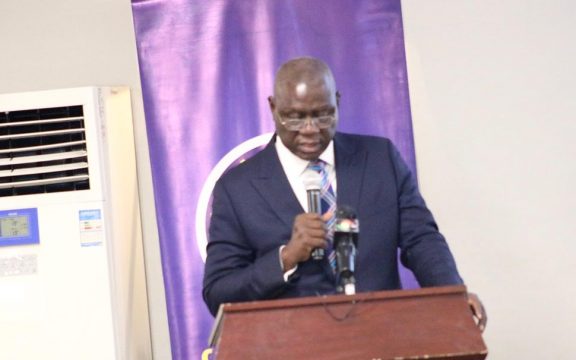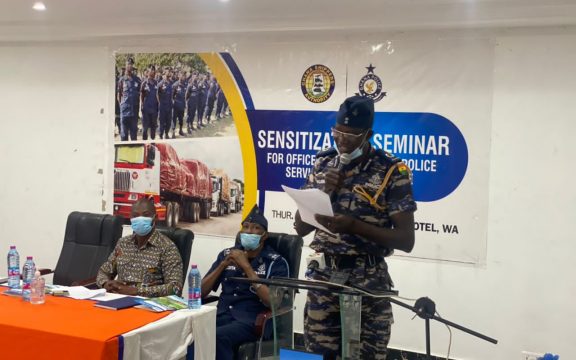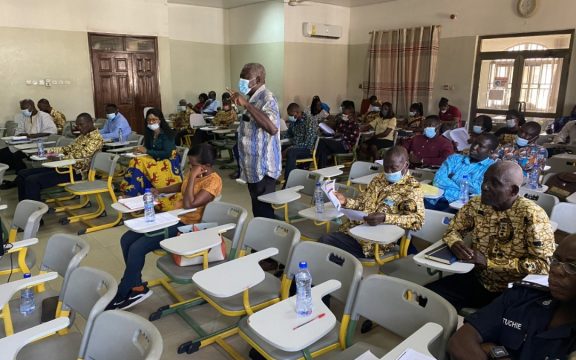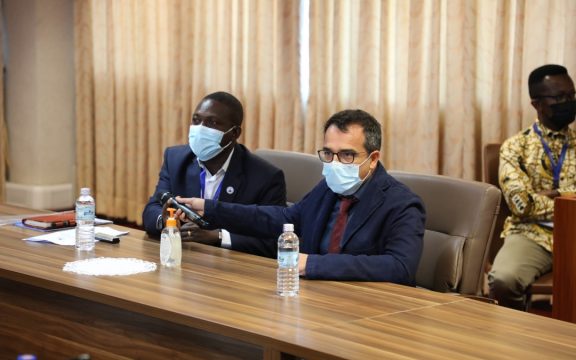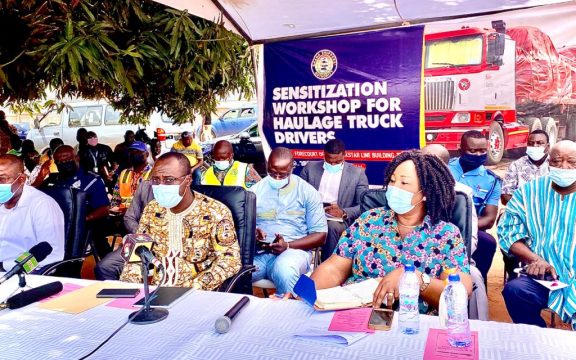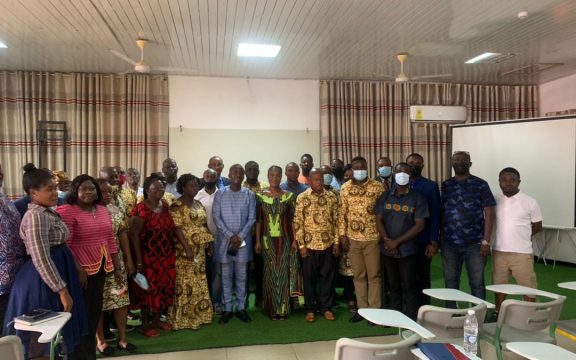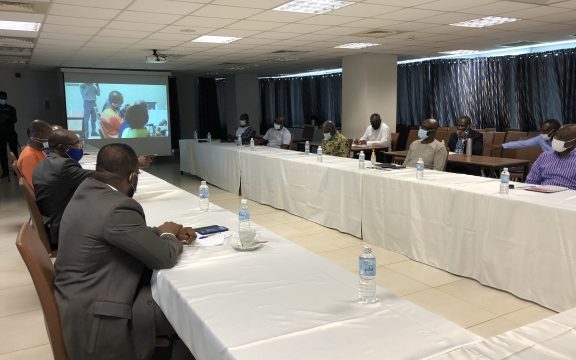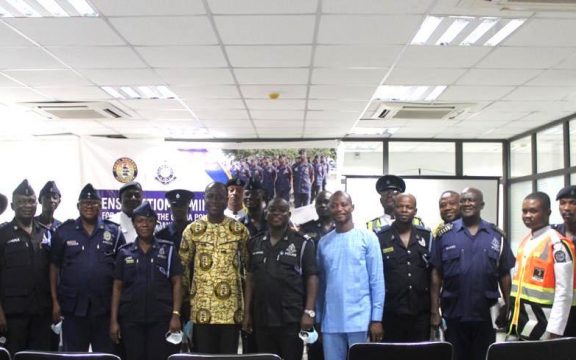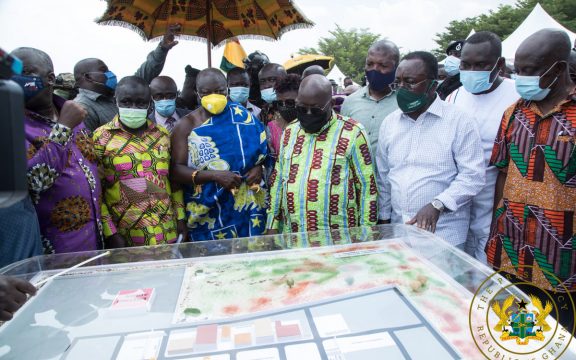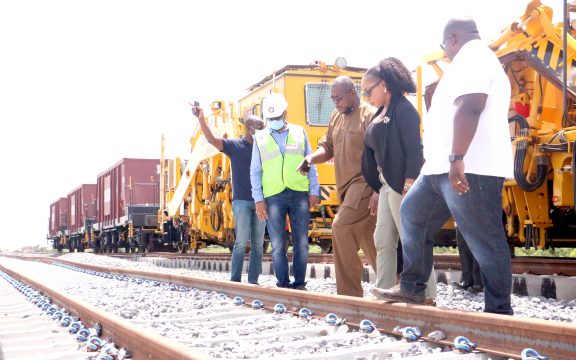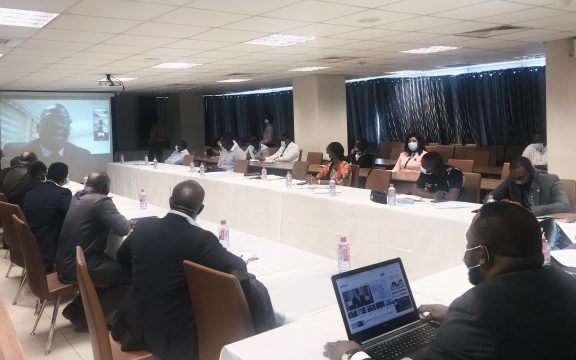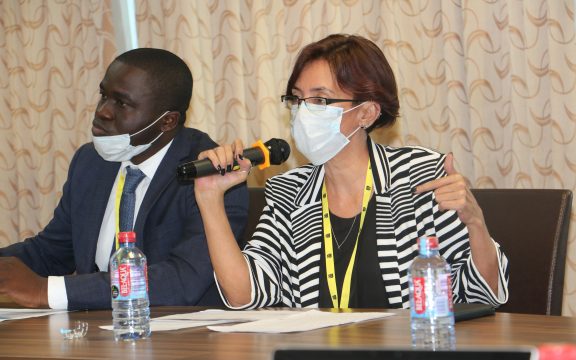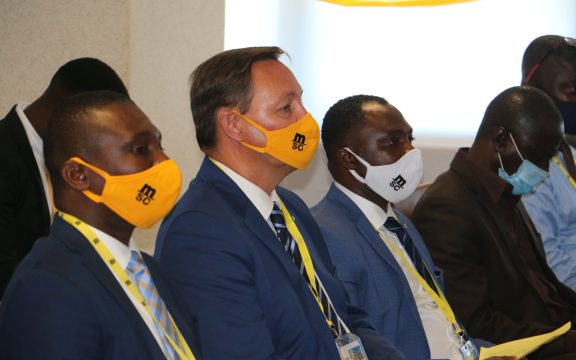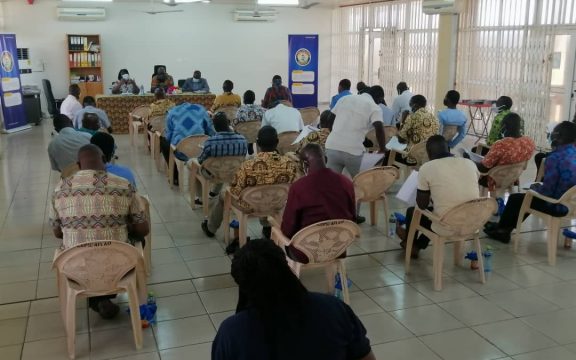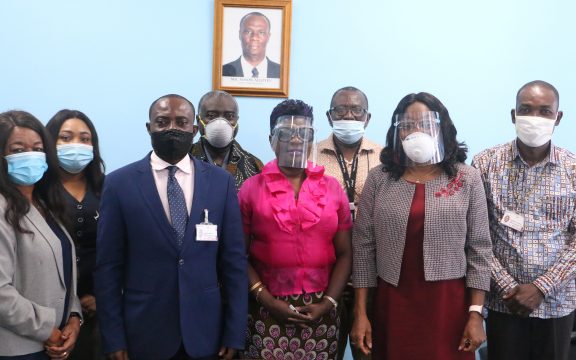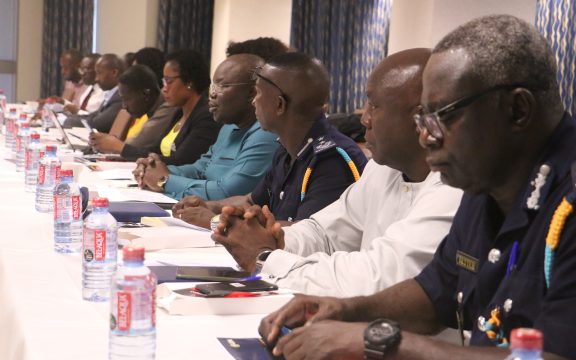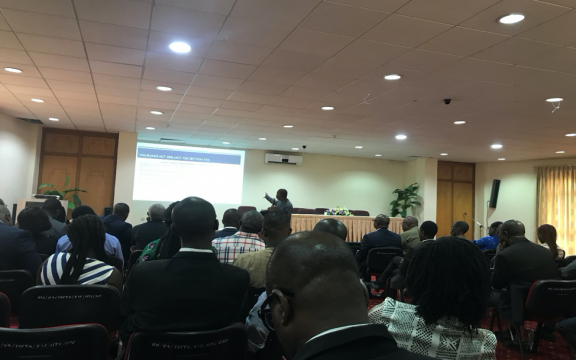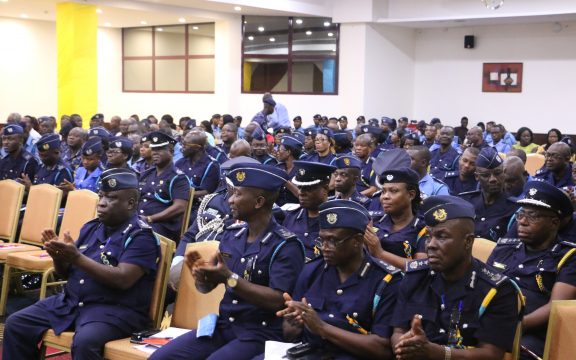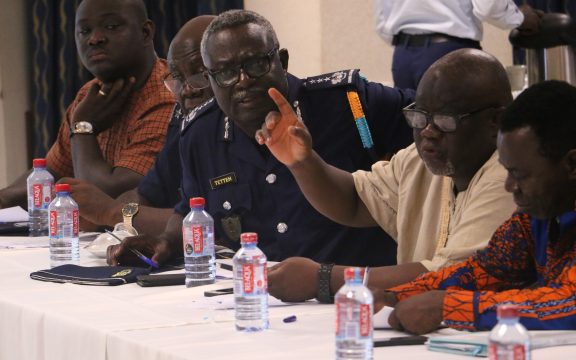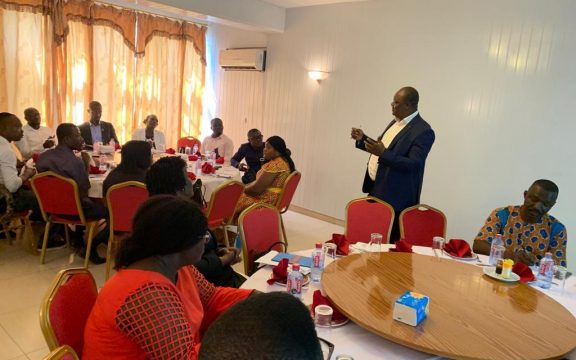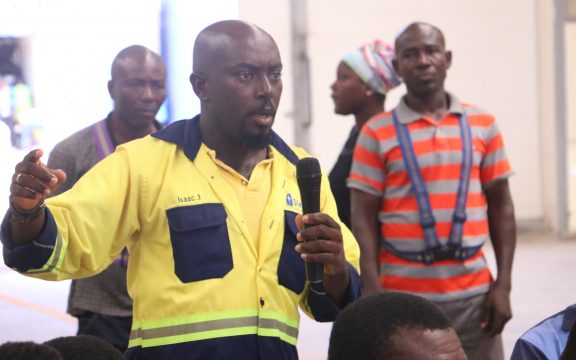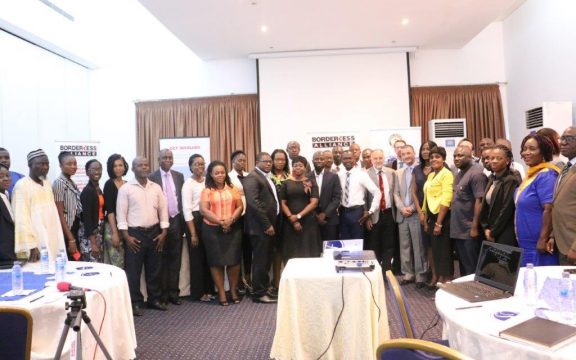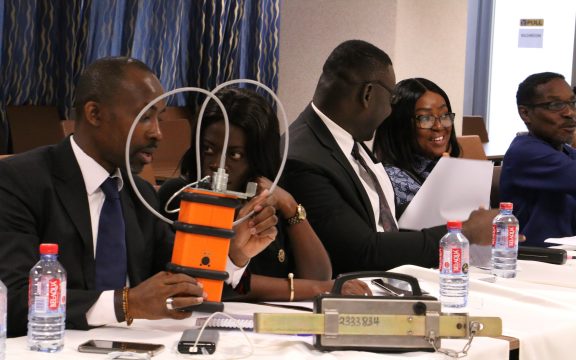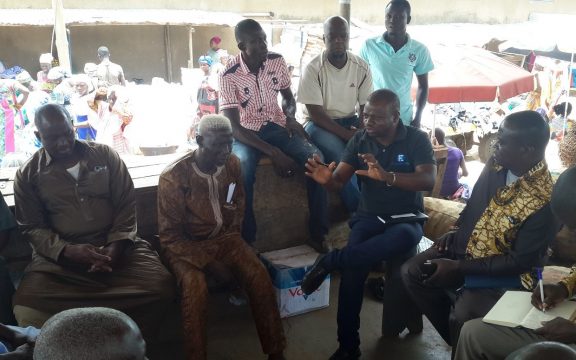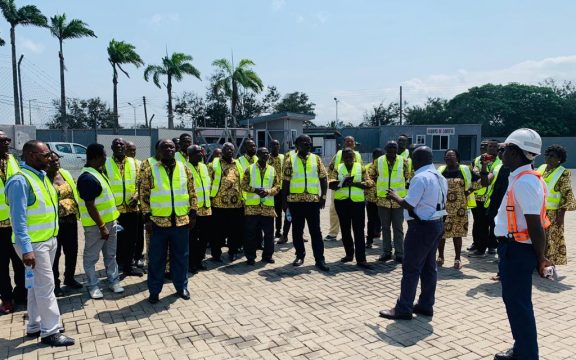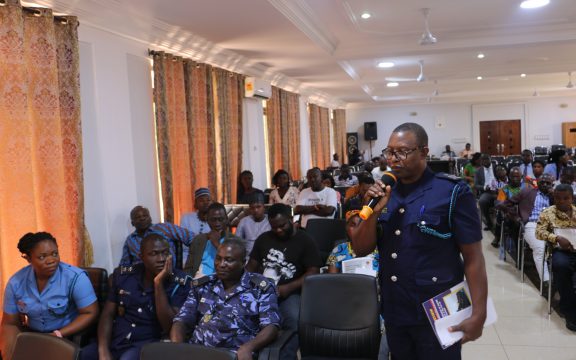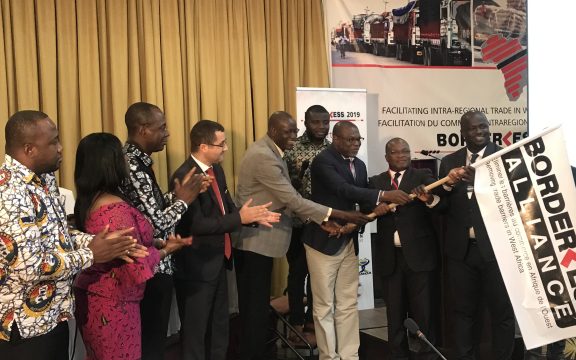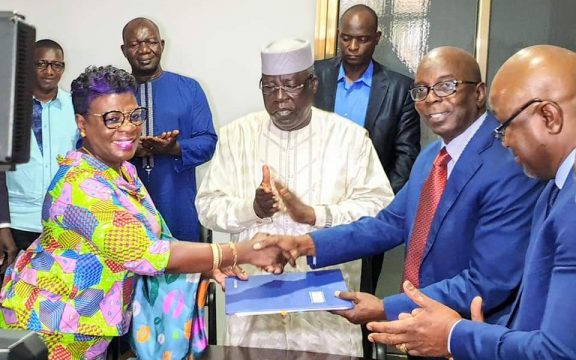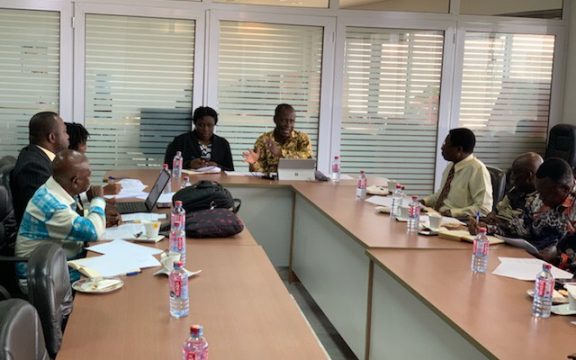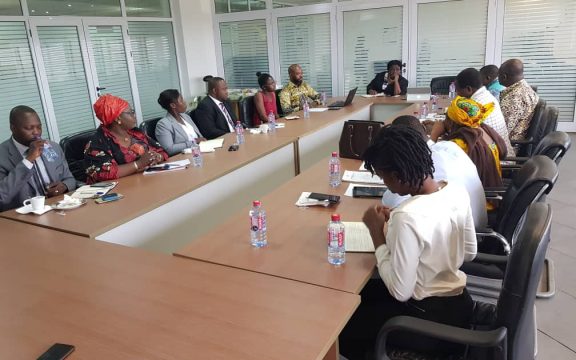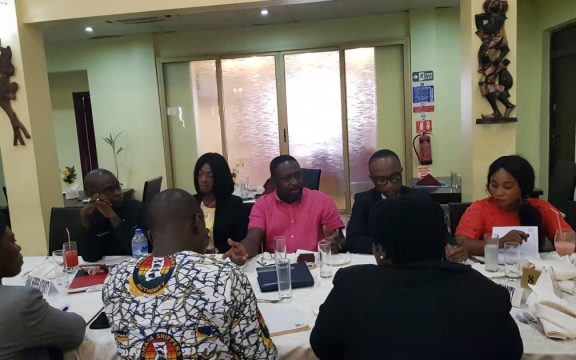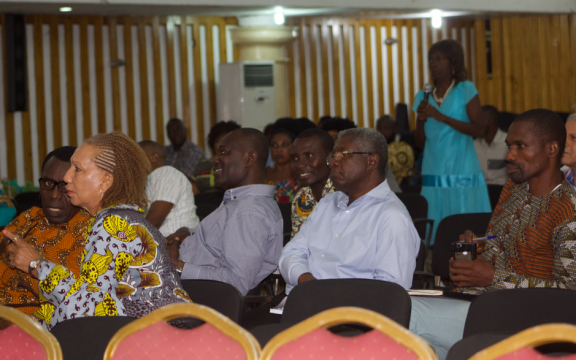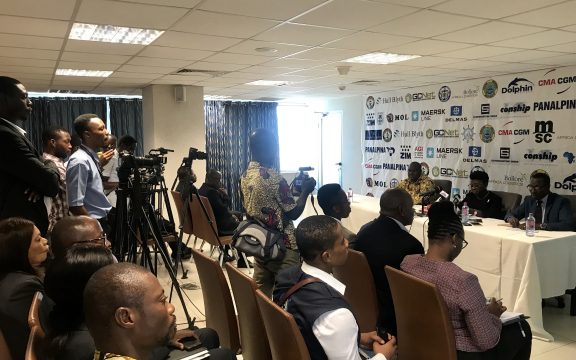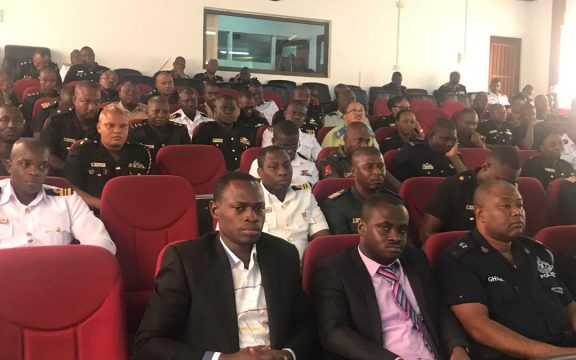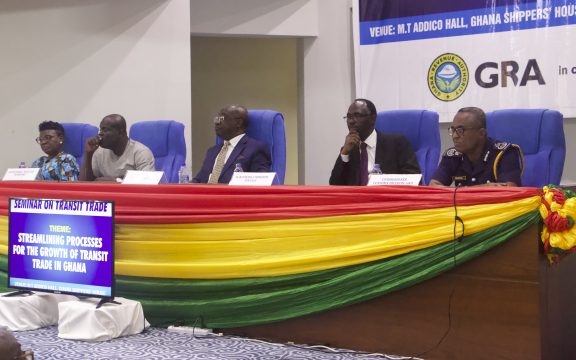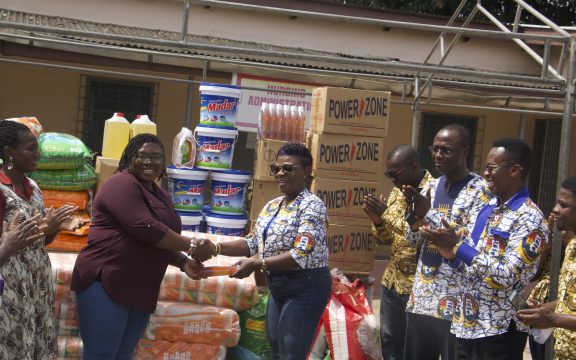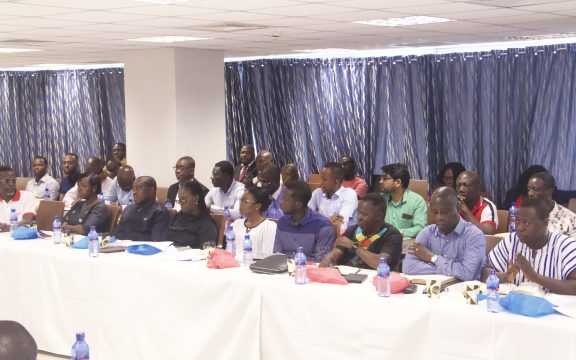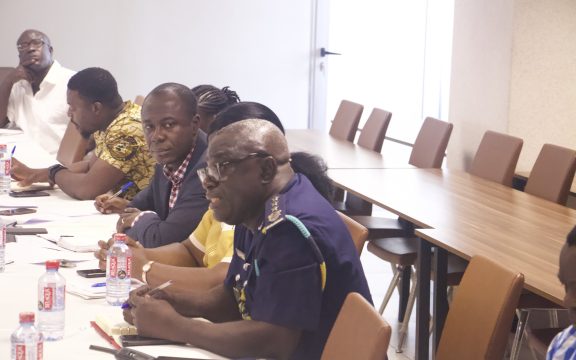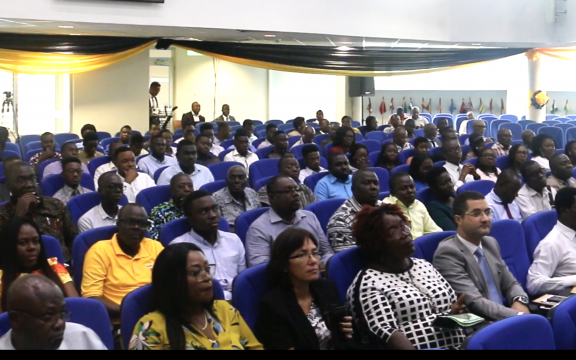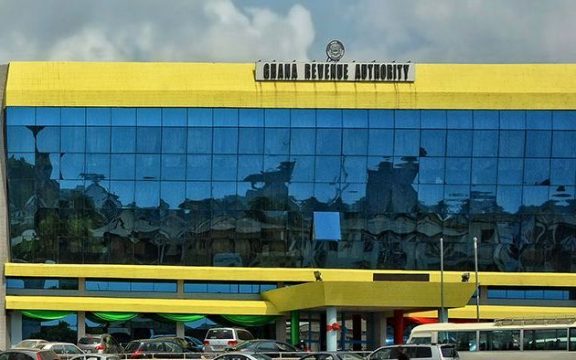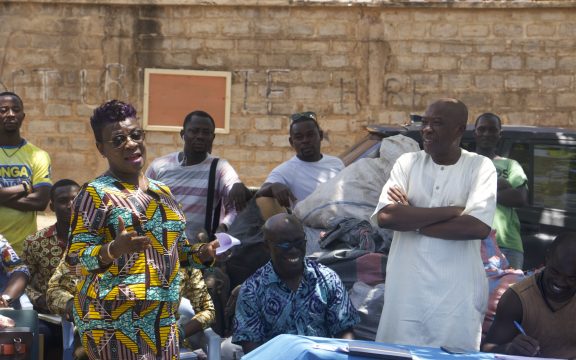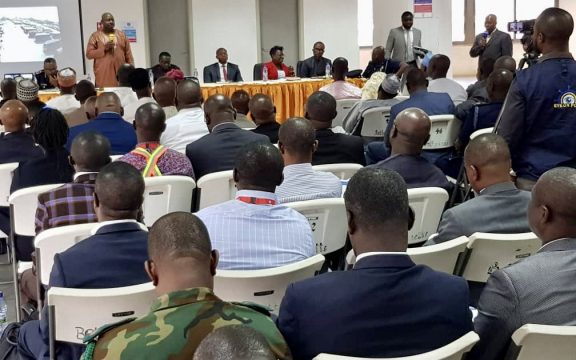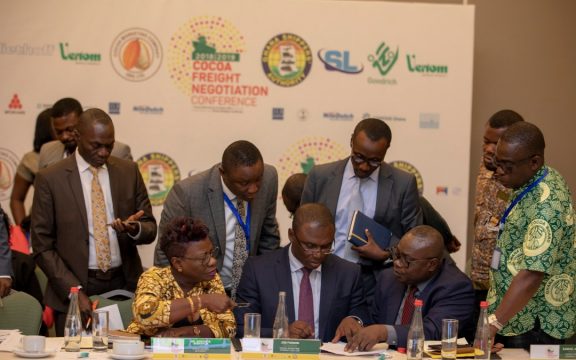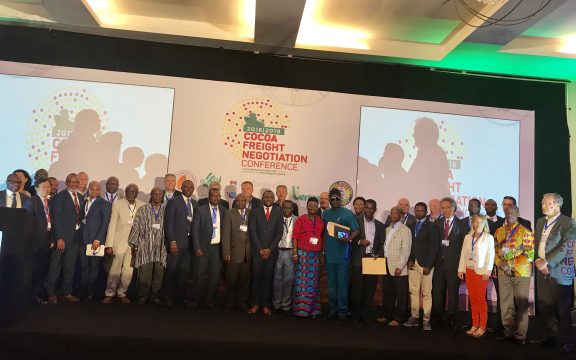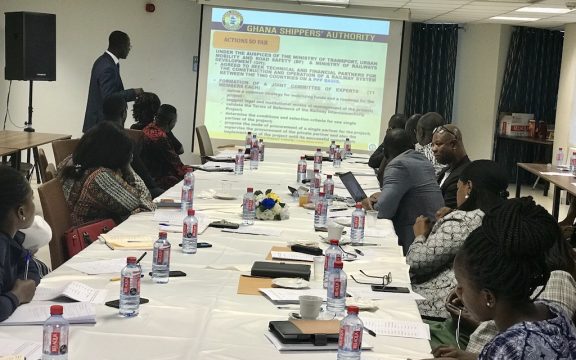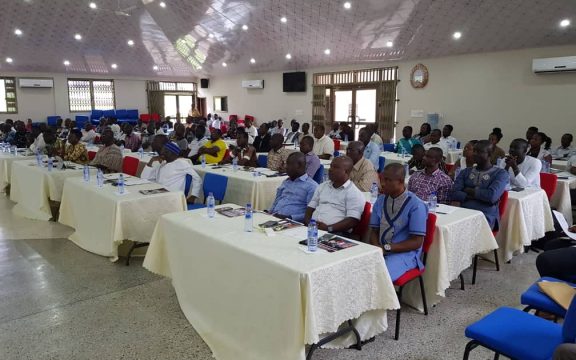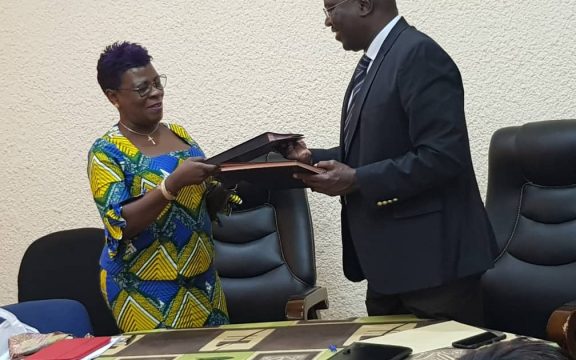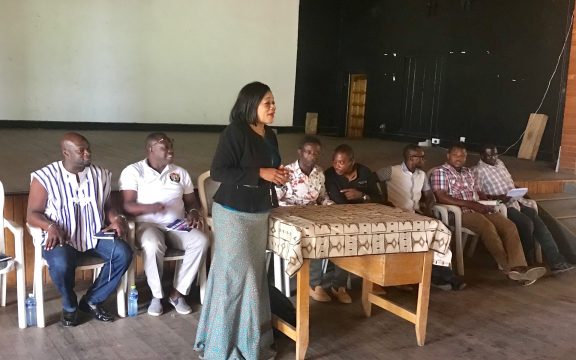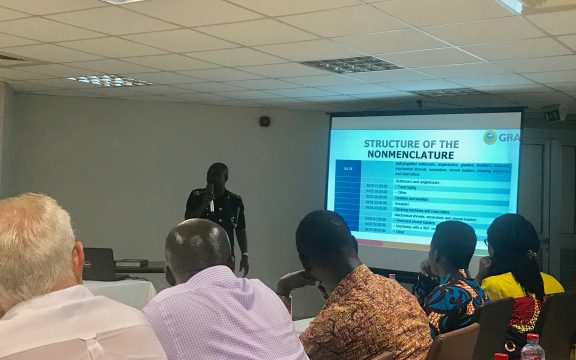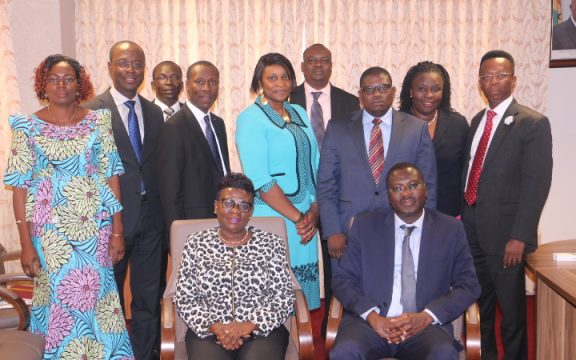Introduction
Over the years, landlocked countries have relied on neighbouring coastal states like Ghana, Nigeria and Cote D’ Ivoire, to complete transactions of international trade. Transit trade comes with enormous benefits, including an avenue for economic activities for both landlocked and coastal countries. These arise from the processing of cargo clearance at the seaports and the onward transportation of consignments of cargo to landlocked countries. Unfortunately, transit trade in Ghana has been beset with challenges that have led to a systematic decline in the volume of transit trade to major destinations such as Burkina Faso, Mali and Niger.
Transit Trade on a Decline
The decline of Transit Trade between Ghana and its neighbours became very noticeable after the end of 2021, although the decline had been on a steady pace for a while.
Statistics from the State Insurance Company (SIC) revealed a 25.7% decline in transit trade from the first quarter to the third quarter of 2022. According to the Head of Inter-State Road Transit (ISRT) at SIC, Mr. Anthony Osei Ntiamoah, the number of declarations for which the SIC issued bonds which stood at 8,430 in the first quarter, decreased to 8,052 in the second quarter of the year. The number further decreased to 6,257 in the third quarter.
The report also revealed that Burkina Faso remained the major destination for transit cargo from Ghana’s ports. A total of 473,165 metric tonnes of transit cargo passed through the ports of Ghana during the period: transiting to Burkina Faso (307,141), Mali (74,377), Cote D’ Ivoire (66,825), Togo (17,260), Niger (6,575), Benin (748), and Liberia (239).
It was also observed that the number of foreign cargo trucks exceeded the number of local trucks and the Tema Habour continued to remain Ghana’s major port for transit cargo.
Reasons for the Decline in Transit Trade
The major challenge attributed to the reduction in transit trade was high cost of haulage transport and inefficient supply chain management along the transit trade value chain.
A report by the Ministry of Roads and Highways in 2017 on the state of Ghana’s road networks classified more than half (55%) of the roads as either fairly good or poor, while the remaining were considered good for usage by all vehicles including transit cargo trucks.
This has raised serious concerns over the safety of cargo along Ghana’s transit corridors, as many haulage trucks conveying transit cargos are forced to park along the shoulders of feeder roads, usually due to mechanical faults. These trucks end up spending days getting repaired. In many instances, these broken-down haulage vehicles are left with no choice but to transfer their consignments to other vehicles to be transported.
The challenge with this practice is that it must be supervised by a Customs Officer to forestall pilfering, damage and smuggling with the likely outcome of revenue being lost by the transit importer.
Year-on-Year, data from the Driver Vehicle and Licensing Authority (DVLA) paints a picture of an increase in the number of new vehicle registrations. The implication of this is that, road congestion increases, which in turn increases the ideal time it takes to complete the transportation of cargo to landlocked countries, besides the cost incurred in that regard.
This situation has rendered the Ghanaian road networks as well as the transit corridors unattractive, thereby making the economy uncompetitive.
The major issue of concern to the landlocked countries however, is the proliferation of checkpoints and barriers along the transit corridor managed by the Ghana Revenue Authority (GRA) – Customs Division and the Ghana Police Service (GPS) respectively.
The checkpoints mounted by the Ghana Police Service along the transit corridors are to provide security so that transit traders would be able to transit their cargo smoothly, whereas those mounted by the Ghana Revenue Authority – Customs Division are aimed at facilitating the transit trade by ensuring that the consignments remain sealed and intact and enjoy safe passage through the country.
The irony though has been that the proliferation of checkpoints and barriers along the transit corridor has contrary to its intended purpose, become barriers to smooth transit trade. For instance, during one of the many Fact-Finding trips undertaken by the Transit Shipper Committee of the Ghana Shippers’ Authority (GSA) along the transit corridor, it was revealed that the sixty-nine (69) barriers along the Tema-Hamile corridor, usually created delays that extended the journey time for haulage trucks by hours.
In a Fact-Finding trip conducted between 24th to 28th May 2021, it was observed that the demand for monies by uniformed officers on the corridor was on the rise. These barriers have created avenues for the exploitation of drivers transporting consignments to landlocked countries.
It was also found that the absence of rest stops along the corridor made it impossible for drivers to adhere to the mandatory rest period after every four (4) hours of continuous drive and eight (8) hours of journey per day for drivers, as prescribed in the Road Traffic Regulations (LI 2180).
The data from the GSA’s Fact-Finding trip on the Tema-Elubo Corridor in September 2022, revealed eleven (11) permanent and eleven (11) temporary police barriers along the corridor, summing up to twenty-two (22) checkpoints. This is against the results obtained from the 2021 Fact-Finding mission when twenty (20) checkpoints were found along the same stretch.
 Recommendations
Recommendations
There are several state agencies, directly and indirectly, involved with the business of transit trade. These include the Customs Division of the GRA, Ghana Highways Authority, Ghana Shippers’ Authority, Ghana Police Service, and Ghana Ports and Habours Authority among others. Among these agencies, there are other private groups that are also concerned with the business of transit trade such as the Joint Association of Port Transport Union (JAPTU), whose actions and inactions have a huge impact on the transit trade value chain.
A common challenge among state agencies is the lack of coordination and collaboration, given that their works are directly related to transit trade. It is imperative that these agencies work to ensure cooperation and coordination amongst them as that would lead to an increase in the volume of transit trade and would ultimately contribute to the economic growth of Ghana and the countries whose business transit through its corridors. For example, it was reported by the Transit Shipper Committee in the third quarter of 2022 that the rate of harassment of transit trucks by the Police had reduced. This assertion followed a nationwide sensitization on the important role of Police Officers in trade facilitation along Ghana’s transit corridor. Subsequent reports showed that no Police Officer stopped a well-identified truck in transit.
This heartwarming outcome can be attributed to the high level of collaboration between key stakeholders like the Customs Division of the GRA, JAPTU and other members of the Transit Shipper Committee, spearheaded by the Ghana Shippers’ Authority. This is one of many instances where stakeholder collaborations have proven beneficial.
Also, the lack of adequate transport infrastructure for the other modes of transport such as trains has led to stakeholders completely disregarding the prospects it entails in ensuring ideal transport costs, whilst expeditiously facilitating the transit trade venture. Multimodal transportation facilitates the distribution of goods in a timely, efficient, and safe manner, as it utilizes efficient networks. With a rail infrastructure in place, costs related to tracking devices utilized for road transport, will not be incurred since there will be no need to track the container on a fast-moving train. It would also help to curb the phenomenon of harassment by uniformed personnel.





